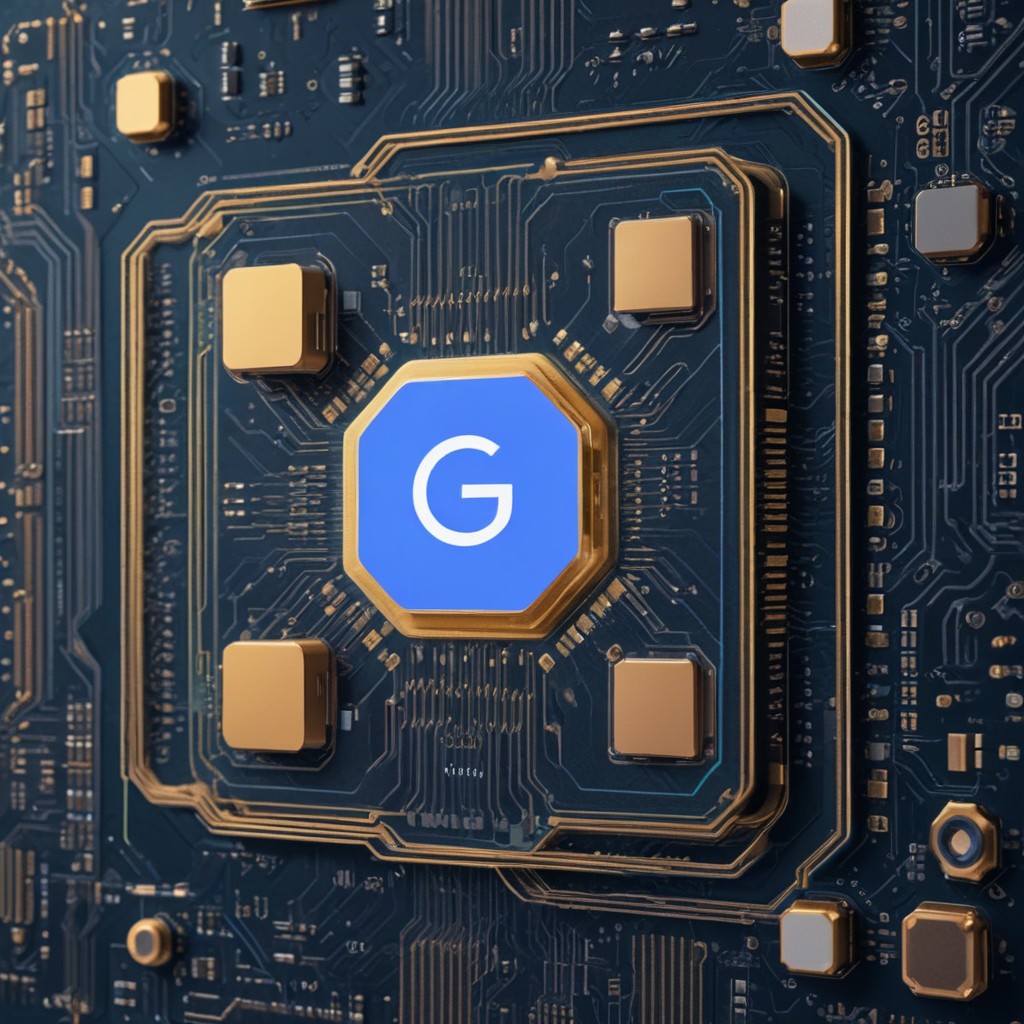The relentless pursuit of artificial intelligence (AI) has reached a new chapter with the launch of groundbreaking models by Google and OpenAI. These advancements promise to revolutionize industries, but also raise critical questions about responsible development. Let’s delve into the exciting world of AI model, explore ethical concerns, and see how they’re changing the game.
Google stole the show with its Gemini AI model. Details are scarce, but glimpses reveal its prowess in handling complex tasks. Gemini excels at understanding vast amounts of text data and generating different creative text formats, like poems or scripts. A variant, Gemini 1.5, focuses specifically on managing and synthesizing large datasets, making it a valuable tool for research and analysis.
OpenAI unveiled its GPT-4o model, marking a significant leap from its predecessor. This new iteration boasts impressive advancements in speed, cost-effectiveness, and multilingual support. Compared to earlier versions, GPT-4o processes information much faster, making it more efficient and accessible for a wider range of users. Additionally, its cost-effectiveness paves the way for broader adoption, potentially democratizing the power of AI. Notably, GPT-4o’s multilingual capabilities empower it to understand and generate text in various languages, breaking down communication barriers and fostering global collaboration.
The impact of AI model like Gemini and GPT-4o extends far beyond research. These models are poised to transform industries by streamlining workflows and boosting efficiency. From automating repetitive tasks in data analysis to assisting with creative endeavors like writing and design, AI is reshaping how we work.
Beyond efficiency gains, these models hold the potential to unlock groundbreaking discoveries. AI’s ability to analyze vast amounts of data and identify hidden patterns could pave the way for advancements in scientific research, drug discovery, and material science.
While the potential benefits of AI model are undeniable, ethical concerns cast a shadow over this progress. Bias, a persistent issue in AI development, can lead to discriminatory outcomes if not addressed. Training data, the foundation upon which AI model learn, can perpetuate societal biases, leading to discriminatory outputs. Privacy violations are another concern. The vast amount of data required to train AI model raises questions about user privacy and the potential for misuse. Google’s Gemini faced criticism for historically inaccurate image generation, highlighting the importance of responsible data collection and model training.
To ensure responsible development of AI model, transparency is paramount. Developers must be open about the training data used and the potential limitations of their models. Additionally, robust regulations are needed to prevent misuse and mitigate potential risks. Regulatory bodies have a crucial role to play in establishing guidelines for data collection, model development, and deployment.
The journey towards an AI-powered future requires collaboration. Tech giants, policymakers, and the public must work together to ensure responsible development and deployment of AI model. By prioritizing transparency, ethical considerations, and robust regulations, we can harness the power of AI for the benefit of society.
The rapid development of AI model has sparked debates and scrutiny over ethical practices. Regulatory bodies are grappling with the need for clear regulations to govern AI development and prevent misuse. Public concerns about job displacement due to automation and the potential for AI to exacerbate existing social inequalities are also at the forefront of discussions.
Let’s explore real-world examples of how AI model like Google’s Gemini and OpenAI’s GPT-4o are making a difference. Imagine a research team using Gemini to analyze vast datasets of genetic information, leading to a breakthrough in personalized medicine. A marketing agency could leverage GPT-4o to create targeted social media campaigns in multiple languages, expanding their client’s global reach. These examples illustrate the practical applications of AI model and their potential to positively impact various sectors.
However, hile success stories abound, businesses adopting AI model also face challenges. Integrating complex models into existing workflows requires careful planning and training. Additionally, ensuring responsible data collection and addressing potential biases within AI model remain ongoing concerns. However, the potential benefits outweigh the challenges, and businesses are actively working to overcome these hurdles to harness the power of AI.
The unveiling of Google’s Gemini and OpenAI’s GPT-4o models marks a significant milestone in AI development. These advancements hold immense potential for transforming industries, fostering innovation, and improving lives. However, addressing ethical concerns around bias, privacy, and responsible development is crucial. By prioritizing transparency, collaboration, and robust regulations, we can ensure that AI serves humanity for the greater good. The future of AI is undoubtedly bright, but it requires a collective effort to navigate the ethical landscape and ensure responsible development.


Hi my family member I want to say that this post is awesome nice written and come with approximately all significant infos I would like to peer extra posts like this